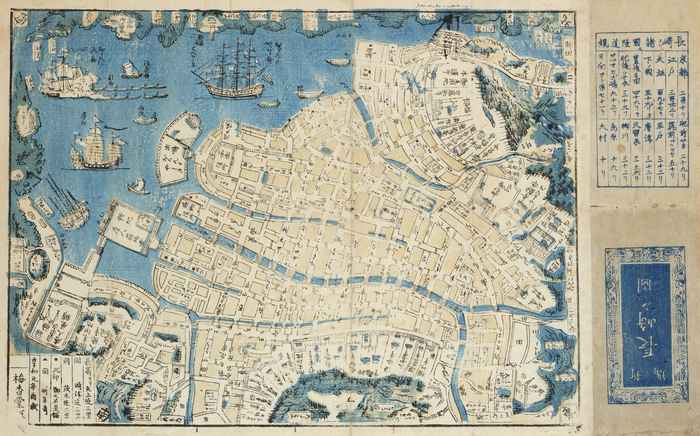From Enlightened Cosmopolitanism to Socialist Internationalism: Fichte and the Origins of a Soviet-style World Literature
Lecture Sándor Hites van het Research Center for the Humanities, Institute for Literary Studies, Budapest
- Date
- 24 October 2024
- Time
- 16:00 -18:00
- Location
- Bushuis/Oost-Indisch Huis
- Room
- F 1.14

In opposition to the Kantian utopia of a cosmopolitan world federation safeguarding “perpetual peace”, Fichte envisioned a conglomeration of “closed commercial states”, each with centrally directed, self-sufficient economies. Adjusted to economic and political insularity, Fichte also sketched out a radically new mechanism for cross-cultural communication, a planned economy of global intellectual exchange under the supervision of state academies.
The lecture looks at Fichte’s design as a proto-concept of world literature that prefigured the most potent counter-system of capitalist cultural globalization in the twentieth century, namely, the command economy of socialist internationalism in the Soviet Republic of Letters. I will argue that forms of orchestrated cultural cooperation across the Soviet sphere between the 1920s and the 1980s combined socio-political closure with cultural openness in ways reminiscent of Fichte’s enlightened totalitarian cosmopolitanism.
